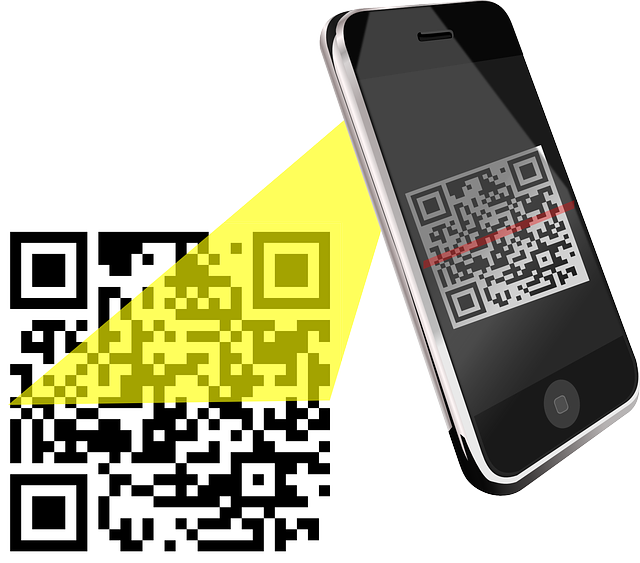QR code scam is actively used in fraudulent schemes where hackers use malicious or fake QR codes to deceive victims into revealing sensitive information, downloading malware, or making unauthorized payments. QR codes are designed to be quick and easy to scan, but scammers exploit this convenience to carry out cybercrimes.
How QR Code Scam Work
- Fake QR Codes:
- Scammers replace legitimate QR codes with fake ones to redirect users to fraudulent websites or malicious downloads.
- Embedded Malware:
- Scanning the code leads to downloading malware that can infect your device and steal data.
- Phishing via Redirects:
- Victims are redirected to phishing websites designed to look like legitimate ones (e.g., bank login pages) to capture sensitive information.
- Payment Scams:
- Scammers create fake QR codes that trick users into sending payments to their accounts instead of legitimate businesses.
If you are experiencing QR Code Scam or would like to learn more to stay secure Contact Us Now
Types of QR Code Scams
- Fake Payment QR Codes:
- Common in public places (e.g., restaurants, parking meters) where scammers replace genuine QR codes for payments with their own codes.
- Phishing QR Codes:
- Redirect users to fake login pages to steal credentials, such as bank or social media logins.
- Malware Distribution:
- Scanning the code triggers the download of malware, which can steal personal information, track activity, or lock the device for ransom.
- Cryptocurrency Scams:
- Scammers use QR codes to lure victims into transferring cryptocurrency to fraudulent wallets.
- Fake Survey or Reward Scams:
- QR codes promise free rewards or offers but require users to enter personal or payment details.
Examples of QR Code Scams
- Restaurant Scam:
- A scammer places a fake QR code on a restaurant table, redirecting diners to a malicious payment page instead of the restaurant’s genuine page.
- Parking Payment Scam:
- Fake QR codes are pasted on parking meters, tricking users into paying fees to a scammer’s account.
- Fake Delivery Notifications:
- Scammers send fake texts with QR codes claiming “your package needs confirmation.” Scanning the code leads to phishing websites.
If you are experiencing QR Code Scam or would like to learn more to stay secure Contact Us Now
How to Identify QR Code Scam
- Suspicious Placement:
- QR codes that look tampered with, pasted over the original, or placed in unusual locations.
- Unknown Sources:
- Codes from unsolicited emails, text messages, or social media posts.
- Unfamiliar URLs:
- After scanning, if the URL doesn’t match the expected domain, it’s likely fraudulent.
- Too Good to Be True Offers:
- Scams often involve promises of free rewards, prizes, or discounts.


